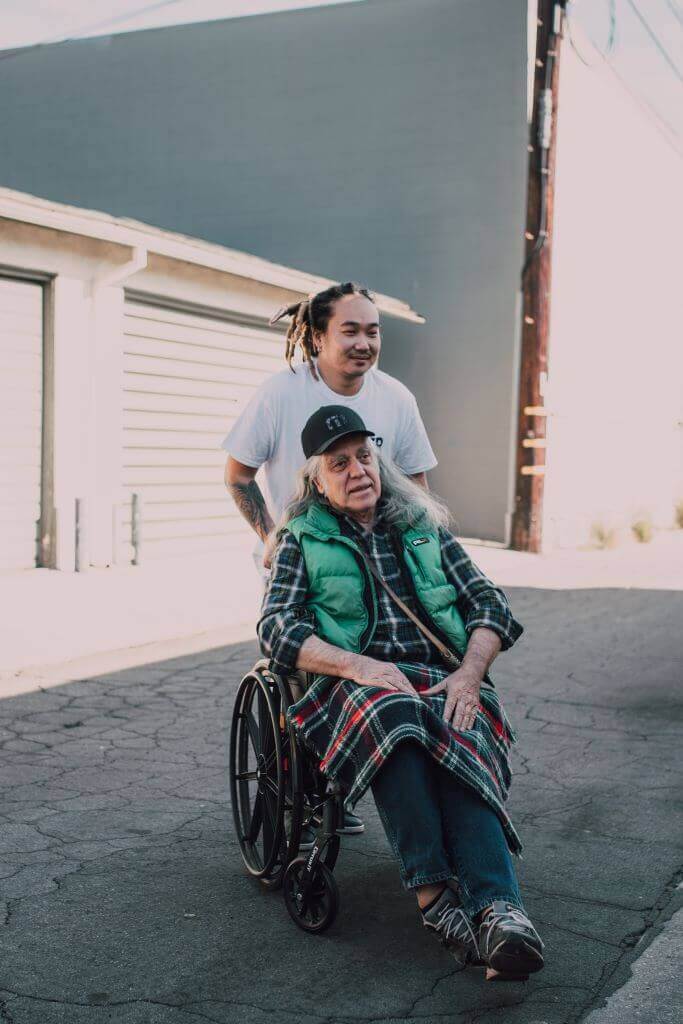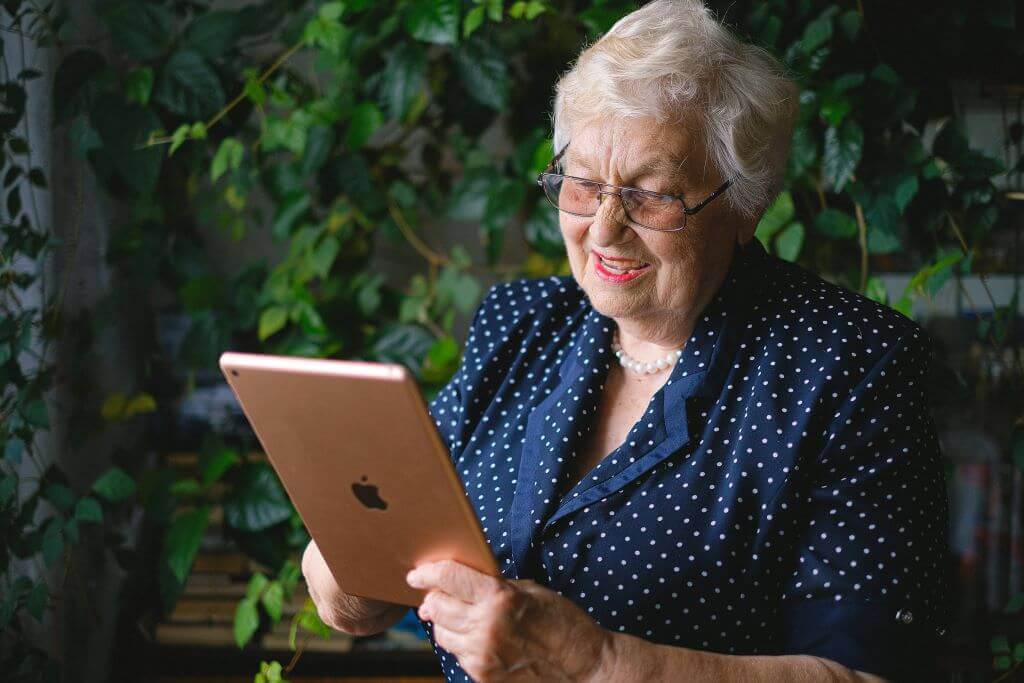Aging is a natural part of life, and it usually brings with it a series of losses that can be deeply felt. Older people may experience the loss of physical abilities, cognitive function, and social connections, which can trigger feelings of grief and mourning for the life they once had. The loss of family and friends, whether through death or separation, also becomes more common as people age, further contributing to the experience of grief.
Being a caregiver for an older person requires compassion, patience, and understanding, especially when that older person has to deal with grief or loss. Caregivers provide essential support to individuals facing various health challenges or disabilities, so understanding grief and loss is important to help provide the most appropriate care.
By gaining insight into grief and loss, caregivers can better anticipate emotional needs, offer comfort during difficult times, and provide a safe space for expressing loss-related emotions. Equally important is recognizing that caregivers themselves may experience grief as they witness changes in their loved one's health or face inevitable losses during their caregiving journey.
What is Grief?
Grief is a natural and complex response to loss, typically associated with the death of a loved one. However, it can also be experienced in response to other types of losses, such as the end of a relationship, the loss of a job, or even the loss of a pet. The grieving process typically involves several stages that individuals may go through in their own unique way. These stages include denial, anger, bargaining, depression, and acceptance. Not everyone will experience all these stages or go through them in a linear fashion.
Recognizing grief allows people to acknowledge their emotions and begin the healing process. By understanding and accepting their feelings, people can find healthy ways to cope with their loss and eventually move forward. Failure to recognize grief can lead to prolonged emotional distress and even physical health issues.
Furthermore, recognizing grief helps foster empathy and support from others. When we acknowledge someone's grief, we validate their emotions and provide them with a safe space to express themselves. This support can be instrumental in helping individuals work through the grieving process.
Types of Loss Experienced by Caregivers
Caregivers can also experience various types of loss throughout their journey. These losses can be emotional, psychological, and even physical. A common type of loss experienced by caregivers is anticipatory grief. This refers to feelings of grief and mourning that occur when caregivers anticipate the eventual loss of their loved one. It is a form of grieving that begins before the actual death or loss takes place.
Caregivers may also encounter ambiguous loss. Unlike other forms of loss, where there is a clear sense of finality, ambiguous loss occurs when uncertainty or ambiguity surrounds the status or presence of the person being cared for. This can happen in situations where individuals have dementia or other cognitive impairments, leading to a sense of ongoing grief and confusion for the caregiver.
Loss in caregiving extends beyond emotional pain; it can also manifest physically and mentally. Caregivers often suffer physical exhaustion from the demands of providing care, leading to a deterioration in their own health. They may also face financial difficulties as caregiving sometimes requires significant monetary resources.
The Emotional Impact of Grief
Caring for a loved one who is experiencing grief can take a toll on the emotional well-being of caregivers. The emotional impact of grief on caregivers is often overlooked, but it is an important aspect to consider in providing support and care. Caregivers may experience a range of emotions, including sadness, frustration, guilt, and even anger.
One common challenge for caregivers is caregiver stress and burnout. The constant demands can overwhelm caregivers and cause exhaustion. Caregivers must prioritize self-care and seek support from others to prevent burnout. Read this article for a more detailed look at coping with caregiver burnout.
Managing emotions while caregiving requires self-awareness and coping strategies. Make time for stress-reducing techniques such as deep breathing exercises, mindfulness meditation, or engaging in activities that bring joy and relaxation. Also, seek emotional support through counseling or support groups. They provide a safe space to express your feelings and offer guidance on managing emotions effectively.
Coping Strategies for Caregivers
Caregivers need to have coping strategies in place to take care of themselves when they become overwhelmed by the additional burden of looking after someone who is going through a difficult time.
A basic coping strategy that all caregivers should implement is taking care of their physical, emotional, and mental well-being to maintain their strength and resilience. This can include exercise, getting enough sleep, eating nutritious meals, engaging in hobbies or relaxation techniques, and seeking professional help if needed.
Caregivers should not hesitate to reach out to friends, family members, or support groups who can provide a listening ear or offer practical assistance. Also, draw on resources such as respite care or professional caregivers so that you can take a break and recharge.
At LL Medico, we understand how tough it is to care for someone who is grieving. We have served caregivers and the senior care products market for over 25 years. Let us assist you with quality adult diapers, nutritional supplements or over-the-counter medications. Let us manage your supplies, so you have one less thing to worry about. Call us at (855) 422-4556 or email support@llmedico.com.
Conclusion
Caregivers play a vital role in providing emotional support, comfort, and guidance to people going through difficult times. Empowering them to understand and work through grief and loss effectively helps them provide appropriate support.
There are numerous educational resources and training programs that can provide insights into the various stages of grief, common reactions, coping mechanisms, and communication strategies that can be employed when interacting with individuals experiencing loss.
Online platforms offer resources such as articles, webinars, podcasts, and forums where caregivers can connect with others facing similar challenges. Mobile applications provide tools for tracking emotions, accessing self-care activities, and offering reminders for important grief-related dates or tasks.
As a caregiver, always remember that your patient or loved one relies on you, and during a time of grieving, they’re that much more vulnerable. A bit of empathy and emotional support makes a world of difference to them. Also, remember to look after yourself too and to enlist the help and guidance of others on the same journey.







 855-422-4556
855-422-4556 Chat
Chat E-Mail
E-Mail Monday - Friday 9:00AM to 5:00PM EST
Monday - Friday 9:00AM to 5:00PM EST





 Shopping With LL Medico
Shopping With LL Medico
 855-422-4556
855-422-4556